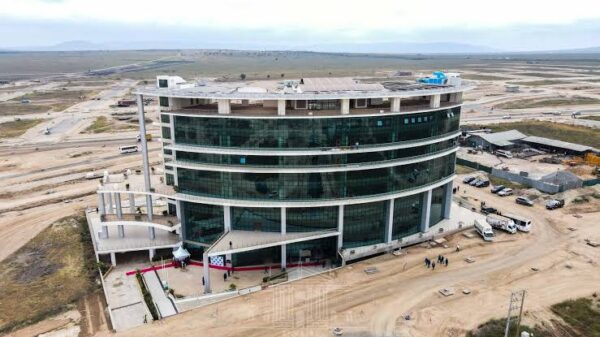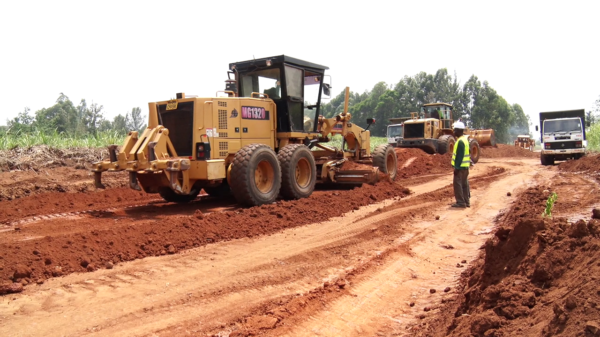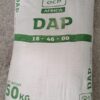NAIROBI, Kenya, Feb 2 – Business leaders in the East African Community are pushing for the development of legally binding mechanisms that will compel member States to implement measures that can eliminate Non Tariff Barriers (NTBs).
Uganda Clearing Industry and Forwarding Association National Chairman Kassim Omar argued on Thursday that the region needs a system that guarantees breaking down of the numerous NTBs that hamper smooth and efficient trade.
“We feel that there is need to take a drastic step…there has to be an enforcement system that we hope will ensure that the countries within the region comply with the rules they have agreed upon,” he said.
Although numerous efforts have been made in the past to try and reduce or remove the bottlenecks that range from corruption, road blocks and administration of duties and taxes, they still pose the greatest challenge to the region’s quest to become a single market.
Speaking during the second stakeholder forum to review the progress made on addressing these impediments, Omar called for stiffer penalties for countries that do not comply with the set regulations.
“I propose that the costs attributed to specific cases should be paid by the (offending) partner states and that where sanctions must apply, then the same partner States should experience the same problems,” he argued.
Omar however said political will has to be tempered with action if the EAC’s goods and services are to become competitive.
In addition, having these obstacles resolved would in turn significantly lower the cost of goods and services. It is estimated that NTBs contribute about 40 percent of the price of commodities.
But while most of these challenges are ‘man-made’ or driven by malice, others occur due to a skills shortage.
A case in point is some of the inefficiencies at the Port of Mombasa which Unilever Managing Director Yaw Nsarkoh said result from a lack of expertise in handling the infrastructure there.
“We not only need to close the gap between rhetoric or policy and action but we also need to engage in capacity building,” Nsarkoh said while comparing the performance of the Mombasa based port to that of Singapore.
EAC Secretary General Richard Sezibera was however quick to point out that these issues were being addressed both at the Secretariat level and at the grass-root.
For instance he disclosed, they had commissioned a study that would inform the NTBs that should be subjected to the legal system or arbitration. The region’s top leadership had also committed to fast track infrastructure projects across the bloc, he added.
Further, he revealed that his office would be holding quarterly meetings with Chief Executive Officers of major companies across East Africa as well as the technocrats to review the progress made.
The challenge of NTBs aside, Sezibera said good progress in regional integration was being made as evidenced by the increase intra-EAC trade.
According to preliminary figures, intra-EAC trade is estimated to have grown fivefold in 2011. Currently, this trade stands at $3.5 billion or 11.9 percent of the total trade within the region.
“The figures that I have seen show an over 50 percent growth in this but we are still taking another look at them because they seem to be much higher than we thought they would be,” he added.
Sezibera attributed this ‘very encouraging’ growth to the near full implementation of the Customs Union, the enthusiasm of the private sector towards the Common Market Protocol as well as the attraction of the region as an ideal investment destination.
“International companies see East Africa as a single investment destination and they are increasing their investments here,” he pointed out citing all the multinationals that have relocated their headquarters within the bloc.
Coupled with the impressive Gross Domestic Product rates that the bloc has been posting in the last five years, making it the fastest growing region in the world, Sezibera said the outlook for the Community can only be bright.
This he said provides the encouragement and the vindication that the EAC needs to forge ahead with plans to fully integrate the bloc until it is a political federation.
Currently, discussions surrounding the development of a strategy and roadmap of attaining an EAC common currency are progressing well while timelines for the attainment of a political federation will be adhered to.



































